Introduction to 2 Years B.ED Course Syllabus
Beginning the path of a B.Ed 2 years course is an important milestone toward becoming an educator. This article aims to give a thorough description of the syllabus, which has many topics to help future teachers become skilled and educated.
In this article, we have shared the complete details of the 2-year B.ED Course Syllabus Approved by NCTE (India). Let’s Talk about common subjects first.

1. Childhood and Growing Up – 100 Marks
It is essential to comprehend the nature of childhood and the sequential change that has a specific effect on how individuals find out about learning. The B.Ed course syllabus covers psychological and sociological aspects of development, ensuring teachers understand their students’ maturity stages.
- UNIT 1 – Development of Child at Different Stages (Childhood and Adolescence)
- UNIT 2 – Understanding Individual Difference
- UNIT 3 – Theoretical Perspectives to Enhance Learning among Children and Adolescents
- UNIT 4 – Deprivation and Deprived Children: Measures for their Adjustment and Education
ASSIGNMENTS – Any 1 of the following
Intelligence Test
Personality Test
Self-Concept Questionnaire/ Inventory
Creativity
Learning Style Inventory
Parenting Style Inventory
Interest Test
Teaching Attitude
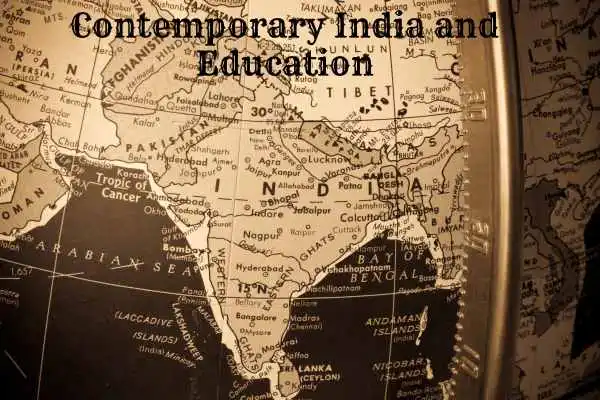
2. Contemporary India and Education – 100 Marks
The link between education in India today and the contemporary world needs little emphasis; for indeed, the latter grows by leaps and bounds. The B.Ed course syllabus curriculum addresses this by incorporating subjects that cover the sociocultural, economic, and political forces determining education.
- UNIT 1 – Constitution of India and Education
- UNIT 2 – Review of Education Commissions and Policies in India:
- UNIT 3 – Contemporary Issues in Indian Education
- UNIT 4 – Emerging Concerns of Indian Society and Education
ASSIGNMENTS – Any 1 of the following
Project on conflicts and social movements in India.
Role of media in democracy.
Impact of electronic media on children.
Challenges of pluralistic education in the contexts of conflict.
Any other task/assignment given by the institution.

3. Learning and Teaching – 100 Marks
Two factors lie at the core of the B.Ed curriculum: one is learning and teaching techniques, which when applied thoughtfully to any subject can express it in a particular form. Modules in this portion are concerned with progressive learning methods to ensure that future teachers will be able to employ creative instructional strategies.
- UNIT 1 – Teaching: Concept, Nature, Importance of Teaching and Phases of Teaching – Pre-active, Inter-active and Post-active
- UNIT -2 Models of Teaching, Strategies of Teaching,
- UNIT 3 – Learning: Concept, Importance, Types and Factors Affecting Learning
- UNIT 4 – Evaluation in Teaching – Learning Process: Concept, Need and Characteristics of
ASSIGNMENTS – Any 1 of the following
Draft a report on Teachers’ Teaching Style by one-week Classroom observation of two
teachers.
A Survey-based report on effective Teacher behaviors or classroom Instruction
Strategies of Effective Teachers.
Study a case and prepare a report on influential factors of learning.
Any other task/assignment given by the institution.
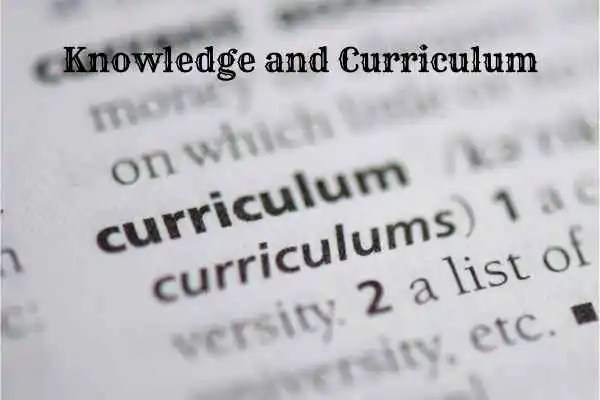
4. Knowledge and Curriculum – 100 Marks
Among the crucial aspects of the B.ED course syllabus is a dynamic relationship between knowledge and curriculum. These subjects shed light on curriculum design, which enables educators to come up with engaging learning environments.
- UNIT 1 – Knowledge: Key Concepts, Information and Knowledge, Belief and truth, Reasoning and Analysis
- UNIT 2 – Different facets of knowledge and relationship, Culture and Knowledge, Epistemology of Indian Philosophies, Epistemology of Western Philosophies
- UNIT 3 – Conceptual Framework of Curriculum, Different Approaches to Curriculum Theory, Curriculum Process, and Different Ways of Approaching Curriculum Theory.
- UNIT 4 – Curriculum Design Models – Discipline-Centered Design, Learner-Centered Design & Problem-Centered Design, Curriculum Change: Meaning, Need, and Factors Affecting Curriculum Change
ASSIGNMENTS – Any 1 of the following
(Indian/ Western) Philosophy’s branch of Epistemology
Evaluation of curriculum of 9th or 10th standard and submission of report
Any other project given by the institution.
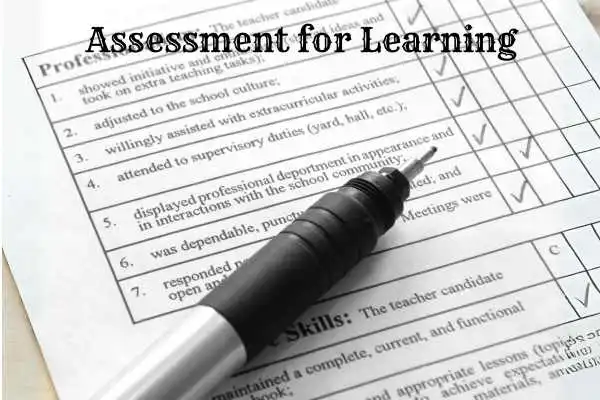
5. Assessment for Learning – 100 Marks
To determine the progress of students, a good assessment is needed. In the B.Ed course syllabus, a variety of assessment methods are included to make it easier for future educators to adjust their type of evaluation according to individual student needs.
- UNIT 1 – Assessment, Measurement, Evaluation, and Revised Taxonomy
- UNIT 2 – Tools and Techniques
- UNIT 3 – New Trends and Issues in Assessment
- UNIT 4 – Statistical Methods and Interpretation of Scores
ASSIGNMENTS – Any 1 of the following
Project on Online Exam and On Demand Exam.
Preparation of Diagnostic Test.
Preparation of Achievement Test and Its Analysis.
Preparation of Question Bank.
Preparation of Cumulative Record of One Student during Teaching Practice.
Any Assignment provided by the institution.

6. Creating an Inclusive School – 100 Marks
The concept of inclusivity is at the core of modern education. B.Ed syllabus covers this by incorporating subjects that enable teachers to provide an environment in which every student feels welcome and appreciated.
- UNIT 1 – Concept of Exceptionality and Children with Special Needs
- UNIT 2 – Legal and Policy Perspectives, Role of Organizations for Education of Children with Disabilities
- UNIT 3 – Special Needs & Inclusion
- UNIT 4 – Practices and Support System for Inclusive Set-up
ASSIGNMENTS – Any 1 of the following
Prepare a Report on school readiness for addressing Children with special needs.
Record Keeping & Maintenance of Education of Children with Special Needs
Any other project given by the institution
7. Language Across the Curriculum – 50 Marks
One of the most important elements that define the educational process today is language. Learners of B.Ed look into how language finds connections with various subjects and are, thereby, ready to improve language competence throughout the curriculum.
- UNIT 1 – Introduction to Language across the Curriculum Approach, Language Acquisition and Language Learning, Language Discourse in the Classroom
- UNIT 2 – Listening and Speaking as Essential Communicative Skills, Reading to Learn and Understand, Writing to Learn and Understand
ASSIGNMENTS – Any 1 of the following
Prepare a report on any one of the following-
Write a Book review considering the following points-
Use of different registers of Language
Technical Aspects of Language
The meaning conveyed in the Text
Design a Newsletter based on Academic & Co-curricular Activities held in your
College.
Any other project given by the institution
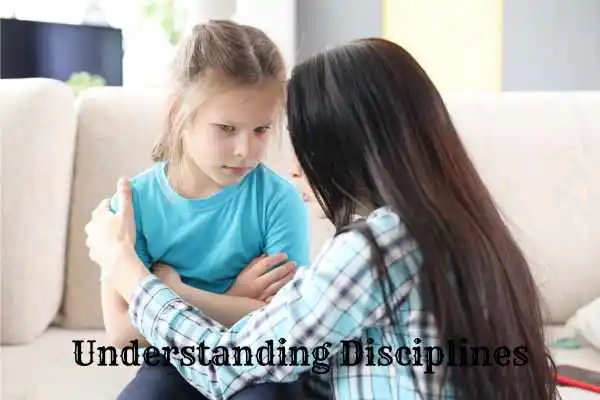
8. Understanding Disciplines and Subjects – 50 Marks
A deeper understanding of disciplines and subjects is fundamental for good teaching. The B.Ed students are taught about such a surplus of knowledge that they can teach the subject’s dynamics to any group of any age and from any part of the world where there is a need for educating adults or children.
- UNIT 1 – The Doctrine of Disciplinarity, Paradigm shifts like Disciplines
- UNIT 2 – Education as Interdisciplinary Knowledge, Theoretical Perspective of Education, Support System of Education
ASSIGNMENTS – Any 1 of the following
Critical analysis of a curriculum/syllabus of a particular school subject
Evaluate a textbook of secondary class concerning its adequacy and in achieving expected learning outcome
9. Gender, School & Society – 50 Marks
The intersectionality of gender, schools, and society is a crucial topic in the B.Ed syllabus. Future educators examine the role of gender in education, fostering a more inclusive and equitable learning environment.
- UNIT 1 – Gender Issues
- UNIT 2 – Understanding the nature and processes of socialization
ASSIGNMENTS – Any 1 of the following
Field visits to schools, to observe the schooling processes from a gender perspective
Collection of folk lore reflecting the socialization process.
Any other project given by the institution

10. Health, Physical and Yoga Education – 50 Marks
Recognizing the importance of holistic development, the B.Ed syllabus includes subjects on health, physical education, and yoga. Educators are equipped to promote overall well-being among students.
- UNIT 1 – Health Education, Physical Education, Posture
- UNIT 2 – Communicable Diseases, Yoga Education, Yogic Diet
ASSIGNMENTS – Any 1 of the following
Any two postural deformities and their management
Any five Asanas and their effects on the Human Body.
Any other project/assignment given by the institution
11. Guidance and Counselling – 50 Marks
Guidance and counseling are integral components of the B.ED syllabus. Educators explore techniques to provide support and mentorship, ensuring the holistic development of their students.
- UNIT 1 – Introduction to Guidance, Studying and Appraising an Individual, Guidance Services
- UNIT 2 – Introduction to Counseling, The Counselor as a Person
ASSIGNMENTS – Any 1 of the following
Characteristics/ Qualities of Counselor
Counselor’s Professional Ethics
Functions of Counselor
Other than your Common subjects there will be 2 More Teaching subjects based on your past qualifications (Graduation OR Post Graduation) basis. Details of teaching subjects are mentioned below :
• Pedagogy of English / Hindi / Sanskrit / Urdu
• Pedagogy of Mathematics
• Pedagogy of Social Sciences
• Pedagogy of Natural Sciences
• Pedagogy of Physical Sciences
• Pedagogy of Computer Sciences
• Pedagogy of Home Sciences
• Pedagogy of Commerce
• Pedagogy of Economics
• Pedagogy of Music / Fine Arts
B.Ed Practical Files
There are 4 practical files in B.Ed 1st Year.
- Drama & Art in Education
- Reading & Reflecting On Text
- Critical Understanding of ICT
- Understanding the Self
In conclusion, the B.ED 2 years course syllabus is a well-crafted journey that prepares educators for the dynamic and challenging field of teaching. Covering a diverse range of subjects ensures that future educators are equipped with the knowledge and skills needed to create engaging and inclusive learning environments.

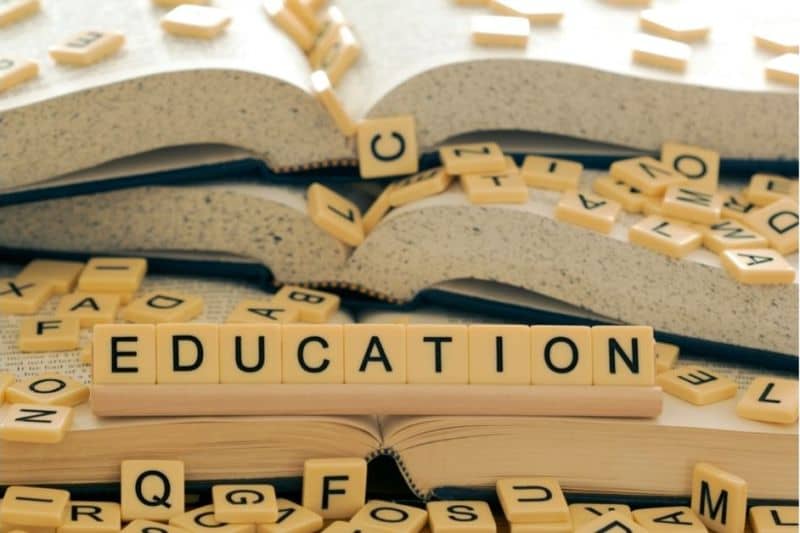


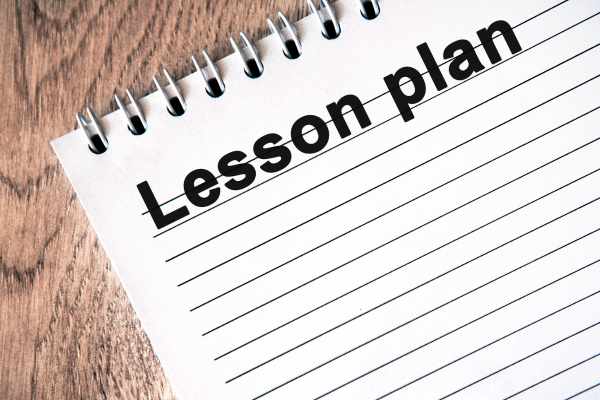

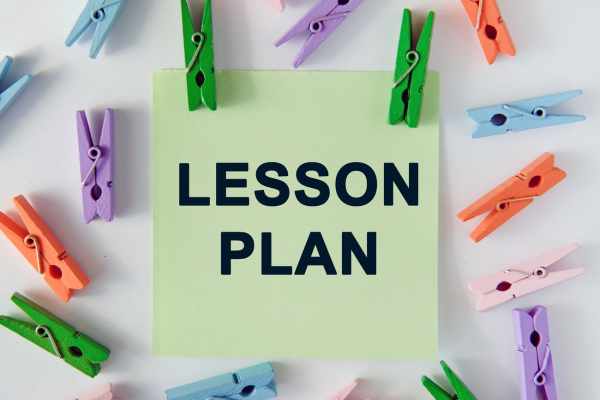


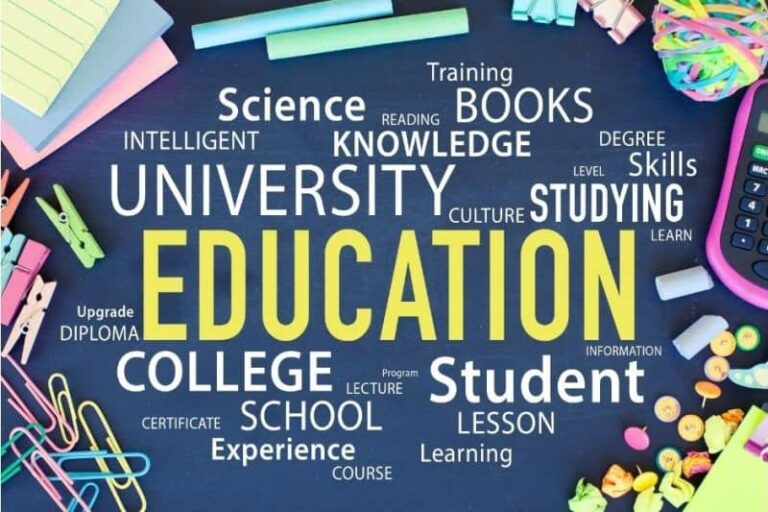


1 Comment